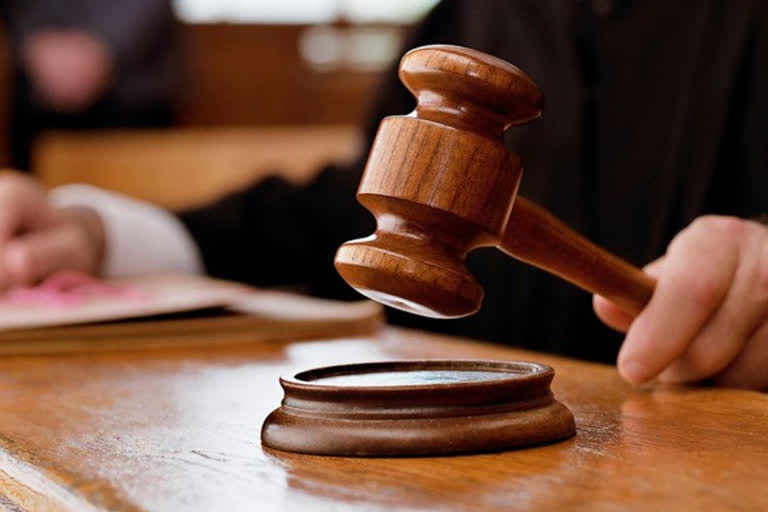Mumbai: A special court here on Friday sentenced a computer engineer to life imprisonment for conspiring to attack children at the American School in Mumbai and said the proved offence against the accused may have caused "injury to the interest of sovereignty and integrity of India".
Additional Sessions Judge A A Joglekar convicted the accused, Anees Ansari, under Indian Penal Code sections 115 (abetment of an offence) and 120B (punishment for criminal conspiracy) as well as relevant provisions of The Information Technology Act.
The court also imposed a fine of Rs 35000 on him.
Ansari, who was arrested in October 2014 by the Maharashtra Anti-Terrorism Squad and has been in jail since, was working in a private company as an associate geographic technician and had used the firm's computer to create a Facebook account in a false name and publish objectionable information, as per the prosecution.
The prosecution had accused him of supporting activities of the terror group ISIS, adding his chats on Facebook with one Omar Elhaji showed he wanted to carry out an attack at the American School in Bandra Kurla Complex, a business district in suburban Mumbai. Special public prosecutor (SPP) Madhukar Dalvi had cited evidence of 28 witnesses during the trial and had sought maximum punishment for the accused.
The SPP had submitted the nature of offence does not warrant any undue leniency as the accused was highly qualified and his expertise would naturally lay a scope of further act of cyber terrorism by him.
The court, after going through the evidence and material placed on record, noted "the proved offence against the accused is certainly a detriment for society and may have caused or likely to have caused injury to the interest of sovereignty and integrity of India and the security of the state and public order".
"No mitigating circumstance is brought out by the accused except his age and he being highly qualified and the sole earner for the family. That naturally cannot be at the cost of the security of the nation," the judge observed. The court further said the law demands that such perpetrators of crime are to be dealt with the required degree of deterrence proportionate to the severity of the offence committed. "It does not appear to this court that the accused deserves too much lenient and liberal consideration," it observed. (PTI)
